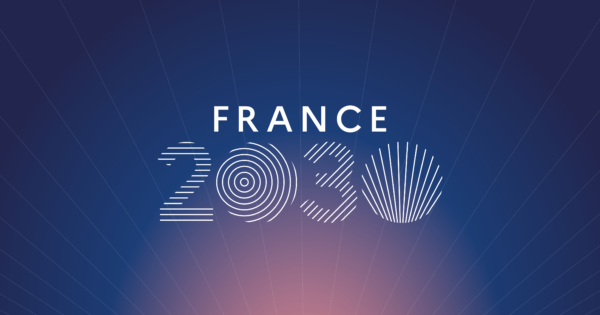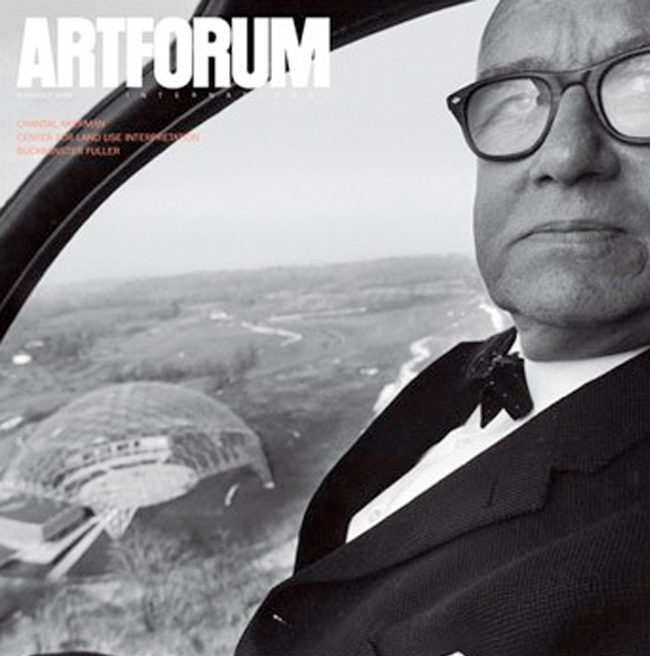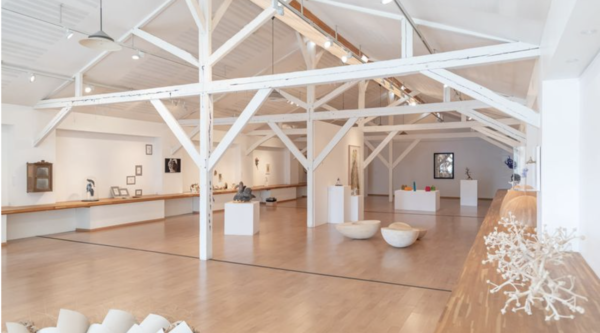
Appel à projets France 2030 « Alternatives vertes 2 »
Doté de 25 millions d’euros, ce dispositif vise à accélérer la transition écologique des entreprises culturelles, afin d’en faire un…

This month in Artforum: A self-proclaimed « comprehensive anticipatory design scientist, » R. Buckminster Fuller always had his sights fixed firmly on the future, and against the backdrop of our present-day dilemmas—from global finance to global warming—his optimistic prognostications are, if seemingly far-fetched, also as timely as ever. On the occasion of Fuller’s current traveling retrospective, architectural historian Sean Keller offers a critical overview of his career—as inventor, engineer, and ecologist—while artist Fritz Haeg, architect Thom Mayne, and critics Helene Furján, Kevin Pratt, and Michael Wang consider Fuller’s living legacy in spheres ranging from sustainability and ephemeralization to geoengineering and eco-logic.
« Fuller didn’t see architecture or design separately; he didn’t think that our world could be approached in terms of singular, monolithic ideas, but only by integrating vastly different systems of knowledge. » —Thom Mayne
« I have a problem with the way social and environmental issues are discussed today, often as a kind of hyperbolic, crisis response that purports to save the world. Like Fuller, I’d rather get down to the most basic roots about who we are and how we operate in the world. » —Fritz Haeg
And: Author and cultural critic Tom Vanderbilt speaks with the Center for Land Use Interpretation’s Matthew Coolidge about the group’s recent mapping and analysis of the contentious Trans-Alaska Pipeline, numerous images of which appear in a special portfolio.
« In Civilization and Its Discontents, Freud suggested that Rome, with all its palimpsestic layering, was a metaphor for the human psyche. Alaska, ever distant but ever on the mind, perhaps represents a specifically American unconscious: It speaks to the desire for an untouched purity, but it is riddled with evidence of rapacious human acts. » —Tom Vanderbilt
Plus: Chantal Akerman contributes a special project to Artforum, evoking the colonialist tale of Joseph Conrad’s first novel, Almayer’s Folly, while using images from her own previous work. Film historian Malcolm Turvey also reflects on time and « microactions » in Akerman’s films on the occasion of the artist’s traveling survey exhibition.
Plus: Greil Marcus contemplates the myth of American inventiveness in the AMC television series Mad Men; Bruce Sterling inspects German director Hartmut Bitomsky’s film on the pulverized, Dust; Luc Sante pays tribute to the late film critic and artist Manny Farber; David Joselit looks at the politics of representation in advertising and media during this presidential campaign cycle; Steven Nelson highlights neocolonialist satire in « Africa’s first mockumentary, » Senegalese director Djibril Diop Mambety’s 1969 film Contras’ City; Robert Pincus-Witten and Sarah K. Rich offer two views of Louise Bourgeois’s recent traveling retrospective; Amy Taubin finds a potent marriage of nonfiction and animation in Ari Folman’s documentary Waltz with Bashir; Sharon Mizota chronicles Edgar Arceneaux’s artist-led urban development, the Watts House Project; and artist Nicole Cherubini counts down her Top Ten.
Visit Artforum online at http://www.artforum.com
To subscribe, visit http://www.artforum.com/subscribe
Visit artguide—Artforum’s free directory of the international art world, listing art fairs, auctions, and current gallery and museum shows in more than four hundred cities—at http://www.artforum.com/guide
Doté de 25 millions d’euros, ce dispositif vise à accélérer la transition écologique des entreprises culturelles, afin d’en faire un…
Une occasion unique pour les esprits critiques de s'engager dans des projets transformateurs, répondant aux défis urgents posés par le…
Cet appel s’adresse à l’ensemble des artistes, chercheur·euse·s, professionnel·le·s, individuels ou collectifs évoluant dans tous les champs de la création…

